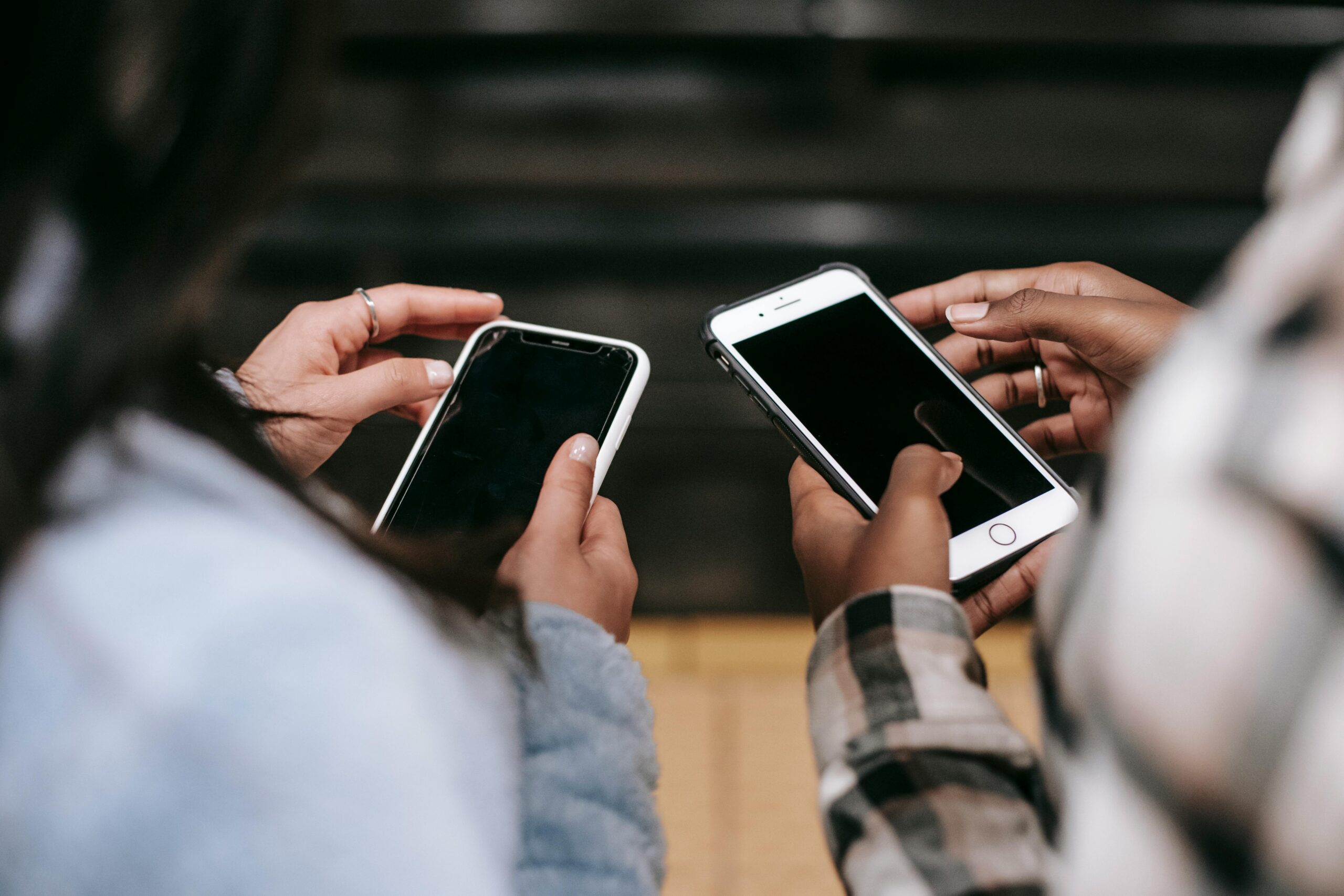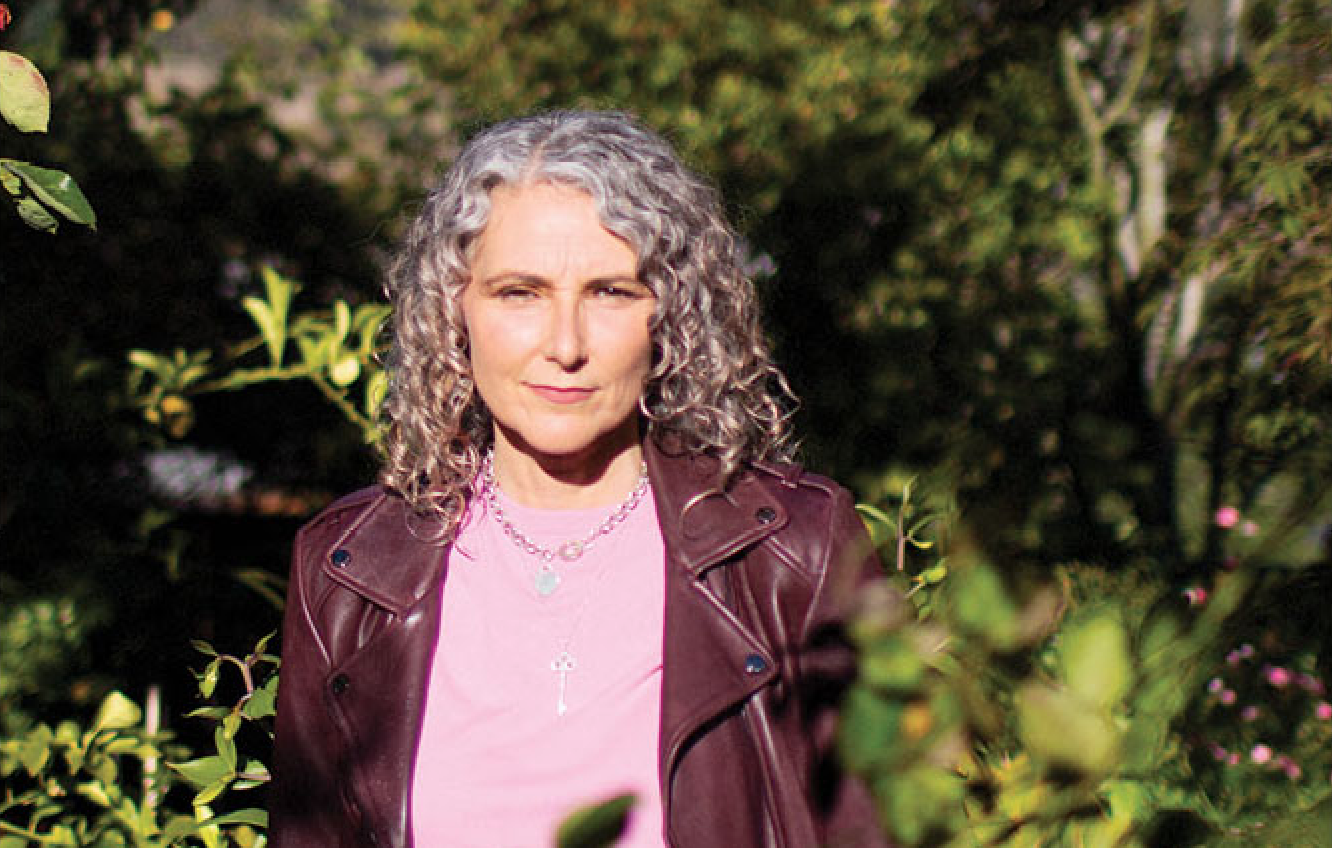
In order to get the most out of life, being in touch with who we really are and what we’re seeking to achieve is key. Self-awareness is at the heart of this pursuit. This isn’t just paying attention to our wishes and desires; it also means being able to fully understand your own personality – how you are today and how you have been in the past. Through life experiences we can see how the world has shaped us into the people we are today.
Self-awareness allows us to step into our authenticity in a counter-narrative to many of the messages often thrust upon by society. Messages that teach us to conform, contort, and change simply to feel accepted or valued. It is more than just embracing ourselves, it is truly learning who we are and our place in the world.
Understand your life story
If you can build an understanding of the history of life so far, you’ll be able to build a framework for your actions today and your goals in the future. Some psychologists refer to a narrative identity – people developing an identity through the integration of their own life experiences in an evolving story of the self. Within a life narrative is a chronology of what has already passed, the person’s perceived current situation and their imagined future.
The way in which you understand your narrative will guide how you live today and in the future. This includes making sense of negative experiences as well as positive ones. Too often we find ways to shut down the negative, but often they become a powerful catalyst or launching pad to using our voice for greatness.
Start by asking yourself some questions. Who or what has had the greatest influence in your early life in making you the person that you are today? What have you learned from particular setbacks or challenges that you have faced? What experiences have brought out your strengths?

Find a way to reflect daily
Whether you choose to meditate or to keep a journal, setting aside 10 or 20 minutes for life reflection every day is a valuable habit. Research has shown a correlation between the practice of mindfulness and an increase in the density of grey matter in the brain and anecdotal evidence indicates that the more mindful you are, the greater your sense of calm and well-being will be.
Taking time out for yourself is an important form of self-care, especially in a world filled with so much chaos and uncertainty right now. Meditation, mindfulness, and retreating from the noise is a great way to re-center yourself and ground yourself in your purpose. There are so many things competing to occupy your mind and your time, but reflecting becomes a way of empowering yourself and focusing on the priorities you set.
You can use this time to review what is happening in life and how these things affect you. By reflecting, you’ll come to understand what’s most important to you, beyond the daily demands of life, career, family, friends, health, etc.
Gain some perspective
Perspective really matters. pic.twitter.com/nslMykAqHv
— Dr. Gia Sison (@giasison) May 15, 2017
We all tend to be more critical of ourselves than we are of others. Negative thoughts can be very powerful and and can damage our sense of perspective. What you can see clearly in another person’s circumstances is often harder to make sense of in your own life.
It’s easy to become bogged down in the small, negative thoughts that eat away at us. We’re all guilty of it. Perspective can be gained by doing something as simple as starting and ending your day with a gratitude list, and reminding yourself of the positives in your world.

How you spend the first ten minutes of your day can set the tone for the rest of the day. Do we immediately grab our cellphones to scroll through newsfeeds, check the trending news, or secretly peruse the pages of our friends and family? Or do we take the first waking moments to stay present and set an intention for ourselves? What are the last thoughts we have at night before we go to sleep? Our perspective can determine a lot going forward.
Seeking outside help can also help you regain that sense of perspective. Some people use psychic readings as a way to evaluate their lives. Others prefer mindfulness therapy, meditation classes, or joining accountability groups where people share about themselves and offer support to each other. Being self-aware means you have the capacity to know when to draw strength from within, or seek it externally.
Gaining greater self-awareness is not something that you’ll achieve immediately. It takes time to benefit from self-reflection and introspection. At times it will be challenging to re-live difficult situations, but by doing so you can learn from them. By being more open and transparent with your thoughts and feelings, you’ll come to understand yourself better and become more self-aware.


















What could prepare an individual more for real life than learning to pay close attention to the here and now, help make one more self-aware and to make clear decisions based upon non-judgmental assessments?
That is what mindfulness does.
I have been teaching my psychotherapy clients mindfulness for the past 35 years. The results are consistently positive no matter how old or young they are. I usually recommend the guided mindfulness exercises at http://www.meditation-download.com. As I tell my university students; your first task in life is to know yourself. Your second task is to be yourself. Nothing is more important. Meditation is an integral part of accomplishing this.